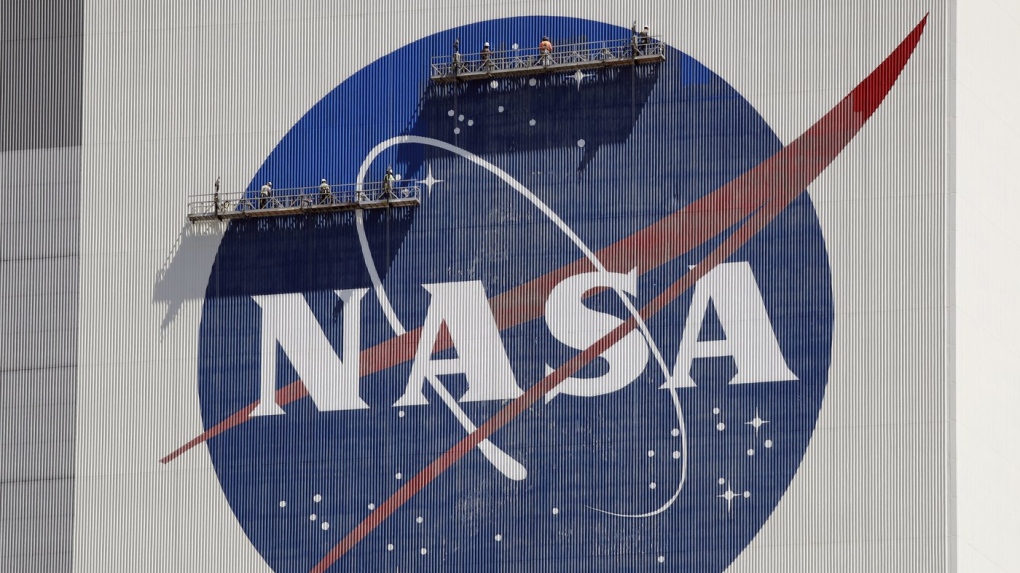In the 2015 sci-fi film "The Martian," Matt Damon stars as an astronaut who survives on a diet of potatoes cultivated in human feces while marooned on the Red Planet.
Now a New York company that makes carbon-negative aviation fuel is taking the menu for interplanetary cuisine in a very different direction. Its innovation has put it in the finals of a NASA-sponsored contest to encourage development of next-generation technologies for meeting the food needs of astronauts.
Closely held Air Company of Brooklyn has pioneered a way of recycling carbon dioxide exhaled by astronauts in flight to grow yeast-based nutrients for protein shakes designed to nourish crews on long-duration deep-space missions.
"It's definitely more nutritious than Tang," said company co-founder and Chief Technology Officer Stafford Sheehan, referring to the powdered beverage popularized in 1962 by John Glenn when he became the first American to orbit Earth.
Sheehan, who has a doctorate in physical chemistry from Yale University, said he originally developed his carbon-conversion technology as a means of producing high-purity alcohols for jet fuel, perfume and vodka.
The NASA-sponsored Deep Space Food Challenge prompted Sheehan to modify his invention as a way of producing edible proteins, carbohydrates and fats from the same system.
TASTES LIKE ... SEITAN
The resulting single-cell protein drink entered in NASA's contest has the consistency of a whey protein shake, Sheehan said. Sheehan compared its flavour with that of seitan, a tofu-like food made from wheat gluten that originated in East Asian cuisine and has been adopted by vegetarians as a meat substitute.
"And you get that sweet-tasting, almost malted flavour to it," Sheehan said in an interview.
Apart from protein drinks, the same process can be used to create more carbohydrate-heavy substitutes for breads, pastas and tortillas. For the sake of culinary variety, Sheehan said he sees his smoothie being supplemented on missions by other sustainably produced comestibles.
The company's patented AIRMADE technology was one of eight winners announced by NASA this month in the second phase of its food competition, along with $750,000 in prize money. A final round of the competition is coming up.
Other winners included: a bioregenerative system from a Florida lab to raise fresh vegetables, mushrooms and even insect larvae to be used as micronutrients; an artificial photosynthesis process developed in California to create plant- and fungal-based ingredients; and a gas-fermentation technology from Finland to produce single-celled proteins.
Up to US$1.5 million in prize money will be divvied up among the eventual final winners of the contest.
While few if any are likely to earn a place in the Michelin Guide for fine dining, they represent a big leap forward from Tang and the freeze-dried snacks consumed by astronauts in the earliest days of space travel.
The new food-growing schemes are also more appetizing, and promise to be far more nutritious, than Matt Damon's fictional poop-fertilized potatoes in "The Martian."
"That was taking an idea to an extreme for a Hollywood movie," said Ralph Fritsche, space crop production manager at NASA's Kennedy Space Center in Florida, adding that human waste alone "is not the complete nutrient source that plants need to grow and thrive."
Keeping astronauts well nourished for extended periods within the limited, zero-gravity confines of space vehicles in low-Earth orbit long has posed a challenge for NASA. For the past two decades, crews aboard the International Space Station have lived on a diet mostly of packaged meals with some fresh produce delivered on regular re-supply missions.
ISS teams also have experimented with growing a number of vegetables in orbit, including lettuce, cabbage, kale and chile peppers, according to NASA.
But the imperative for self-contained, low-waste food production requiring minimal resources has become more pronounced as NASA sets its sights on returning astronauts to the moon and eventual human exploration of Mars and beyond.
Advances in space-based food production also have direct applications for feeding Earth's ever-growing population in an era when climate change is making food more scarce and harder to produce, Fritsche said.
"Controlled environment agriculture, the first modules we deploy on the moon, will have some similarity to the vertical farms that we'll have here on Earth," Fritsche said.
Sheehan's system starts by taking carbon dioxide gas scrubbed from the air breathed by astronauts and blending it with hydrogen gas extracted from water by electrolysis. The resulting alcohol-and-water mixture is then fed into a small quantity of yeast to grow a renewable supply of single-celled proteins and other nutrients.
In essence, Sheehan said, the carbon dioxide and hydrogen form an alcohol feedstock for the yeast, "and the yeast is the food for the humans."
"We're not re-inventing products," Sheehan said, "we're just making them in a more sustainable way."
Reporting by Steve Gorman in Los Angeles; Editing by Will Dunham






































